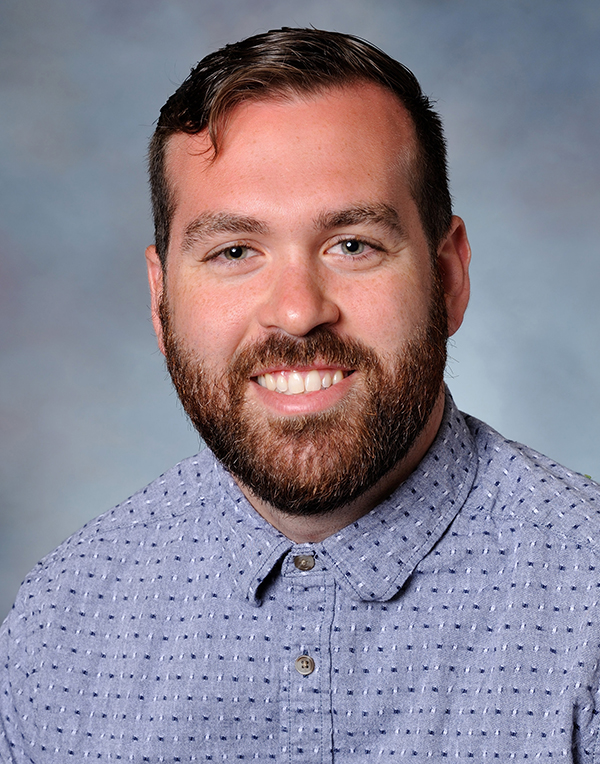 Congratulations to Alessandro Perego (advisor Dr. Fardin Khabaz) who recently won two poster awards at the 18th International Congress on Rheology (ICR 2020).
Congratulations to Alessandro Perego (advisor Dr. Fardin Khabaz) who recently won two poster awards at the 18th International Congress on Rheology (ICR 2020).
Perego’s poster, “Bridging the equilibrium dynamics and rheology of vitrimers via time-temperature superposition principle”, was awarded Best Poster Award – First Place. He was also awarded a Soft Matter poster prize at ICR 2020.
For his outstanding achievements, Alessandro received two award certificates, a book voucher of 100 pounds, and $500.
The conference was originally set to be held in Rio de Janeiro, Brazil, but due to the current COVID-19 pandemic, was changed to a virtual format from December 14-17, 2020.
Congratulations Alessandro!
Biography & Research:
Alessandro Perego is originally from Italy. He graduated with a Bachelor of Science in chemical engineering from Brigham Young University-Provo, Utah. His passion for polymers research started during the summer of 2016, when he participated in the summer Research Experience for Undergraduates (REU) program at The University of Akron under the mentorship of Dr. Alamgir Karim. In 2018, after graduation, he joined the Polymer Engineering program at The University of Akron where he is currently pursuing his doctoral degree as a member of Dr. Fardin Khabaz’s Complex Fluids Research Group. Outside his studies and research, Alessandro served as the president for the Polymer Engineering Student Organization (PESO) from 2019 to 2020.
Alessandro’s research consists in building a new robust model capable of describing the complex bonds dynamic as well as to simulate the viscoelastic behavior of vitrimers. Vitrimers are a new class of polymers in which contrary to classic thermosets, the crosslinked covalent bonds are dynamic, allowing for rapid topological rearrangement upon heating. However, due to their novelty, the unique dynamic behavior presented in these materials is not fully understood yet, especially on a molecular level. Thus, simulations are very suitable and powerful tools for clarifying the complex structure and chemical dynamics of vitrimer systems as well as to predict their complex rheological behavior. The results of the proposed work not only will provide valuable insight concerning the reprocessing and recycling of thermoset plastics, but they will also help with rational design of shape-memory and self-healing polymeric materials.
